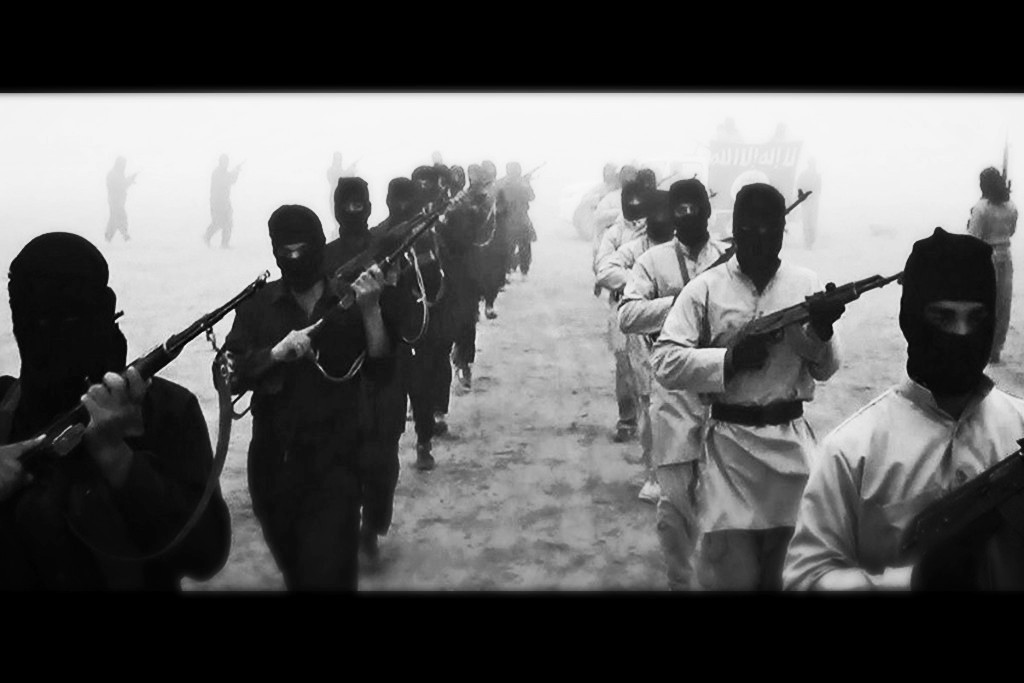NARCO Analysis: The US Targeting ISIS in Libya

The US initiated a bombing campaign against Islamic State targets in Sirte, Libya. The Pentagon says that the campaign is open-ended. Below is some “fast take” NARCO Analysis on the campaign, why now, what it can achieve, and what's likely to happen next.
- Is anyone really surprised? The Islamic State has been ground down to a few hundred fighters in Sirte, its former stronghold in Libya. Western Special Forces have been helping militias allied with the Government of National Accord (GNA) in Tripoli fight the Islamic State for months now. Mostly it’s just intelligence and targeting, but occasionally it’s direct action. The GNA is now somewhat installed and sort of functioning, which at the very least gives the US campaign legal top cover – a sovereign government asked for US involvement. A campaign now (especially after Ramadan ended last month) make sense and could deal the Islamic State in Libya a knockout blow.
- Will the strikes succeed? Sure. So long as you calibrate your objectives to what you think you can actually do. In this case, the strikes will likely further erode the Islamic State’s ability to hold on to Sirte. Without Sirte, the Islamic State motto of “remaining and expanding” just rings hollow. And we know that propaganda was a big part of their recruitment drive. Without propaganda, there’s less recruitment. With fewer recruits, there are fewer fighters. That’s all good news.
- What happens next? Islamic State fighters will scatter to the four winds. As NARCO wrote last week, there are already rampant rumors of Islamic State sleeper cells in Tripoli. They might wake up. That’s bad news. In addition, the Islamic State may try to push south out of Libya into the Sahel countries like Chad, Niger, and Mali. These are already vulnerable, unstable regions. The arrival of frustrated ultra-jihadis would destabilize them further. It also bears mentioning that the last time the US targeted the Islamic State in Libya (in Sabratha in March), that strike inadvertently instigated the protracted Battle of Ben Guerdane in neighboring Tunisia. What unintended consequences will ensue this time?
- Isn’t there always blowback? The likelihood of blowback against the US and the GNA is very high. Last month, when it was finally confirmed that French Special Operations Forces were active in Libya, there were protests against the GNA for having allowed foreign forces to deploy on Libyan soil. The same thing is likely to happen here. The GNA is already in a precarious position (see last week’s NARCO Analysis: the State of Play in Libya) and it’s unclear whether or not it can withstand another round of protests that challenge its legitimacy and question its loyalties. For the US, however, that may not matter. The GNA may be a lame (dead?) duck already, so at the very least, the US can use it to pursue US national security interests before it’s too late and the GNA goes the way of Libya’s past four post-revolution governments.
